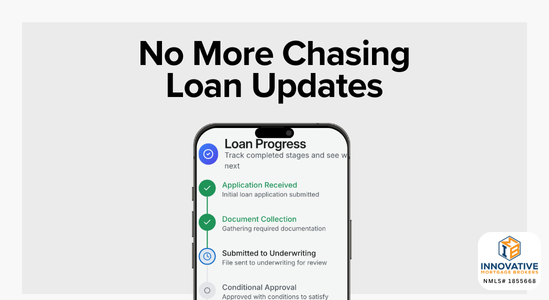Our new portal lets you securely check progress, milestones, and next steps anytime you want…
First Responders & Mortgages: What You Need to Know About Qualifying for a Home Loan
First Responders – How to qualify for a home loan even with inconsistent paychecks
Being a first responder comes with long hours, emotional stress, and an unshakable commitment to public service. But when it comes to buying a home, your income may not be as straightforward as most lenders would like.
At Innovative Mortgage Brokers, we work with many clients in public service, including police officers, firefighters, paramedics, and 911 dispatchers, and we know the specific challenges and opportunities that come with your profession.
Here’s what you need to know about qualifying for a mortgage as a first responder.
Why First Responder Income Can Be Tricky for Lenders
While many first responders are salaried or hourly employees, your actual take-home pay may vary month to month due to:
- Overtime
- Shift differentials
- Holiday pay
- Bonuses or stipends
- Hazard or specialty pay
On paper, your base pay might look modest, but your actual income can be much higher.
That’s where good documentation, and a mortgage broker who understands how to present it, makes all the difference.
How Mortgage Lenders Evaluate First Responder Income
To approve your mortgage, lenders need to determine:
- What your base pay is
- How consistent your overtime and differentials are
- Whether additional pay is likely to continue
If the extra income is recurring and documented over time, it can often be included in your qualifying income.
What You’ll Need to Provide
Here’s what underwriters typically ask for:
For W-2 First Responders:
- 30 days of recent pay stubs
- W-2s from the past two years
- A written Verification of Employment (VOE), often showing a detailed breakdown of income
- Year-to-date earnings summary (especially to document overtime)
For Additional Income Like:
- Overtime / Shift Differential – Must be consistent over time. Lenders will average the past 12–24 months, depending on how long you’ve been receiving it.
- Specialty Pay or Bonuses – Needs to be documented and likely to continue.
- Stipends (uniform, equipment, etc.) – Usually not counted unless they’re taxed and recurring.
Real-World Scenario: Firefighter with Varying Shifts
Let’s say you’re a firefighter with a base salary of $55,000 but you regularly work extra 24-hour shifts, adding $15,000 per year in overtime and $5,000 in shift differentials.
If that additional income is reflected consistently in your W-2s and pay stubs, it can absolutely be counted toward your mortgage qualification, even if your pay fluctuates by the week.
Tips for First Responders Looking to Buy
- Track your extra income (especially if it’s not itemized on your pay stub)
- Save your W-2s and year-end summaries
- Work with someone who knows how to structure your income for underwriting
Not all lenders interpret first responder income the same way, we shop over 30 lenders to find one that understands your pay structure and values your stability.





